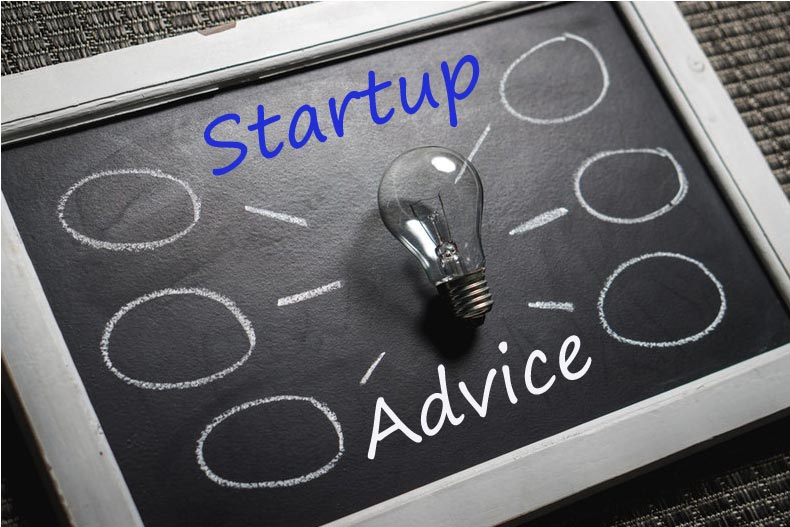It is usually the case that when anyone thinks about taxation, it is normally with some degree of dread. On a personal level, most of us are not terribly comfortable completing our own tax returns and most of the time expect discrepancies to arise. On an industry level, companies are always trying to minimise their tax liabilities. Hence the reason why sometimes government policy specifically imposes taxes on businesses where it is deemed necessary, a prime example being the gambling industry.

When dealing with or looking to get involved in a startup there are many aspects to be reviewed. Tax is one of the most important considerations that is usually ignored. Entrepreneurs may often forget about it as they focus on developing the brand and marketing, but tax should always be a topic under discussion and high on the agenda. This is especially the case, as over 80% of startups fail due to issues with cash flow. So, while tax may be confusing for many, we’ve got some great advice for startups on the subject.
Your company may be eligible for R&D tax credits if there is software development, laboratory work or architecture involved for example. While you may feel your startup doesn’t qualify for whatever reason, it’s always worth checking out, and there are many resources online which can suggest whether you’re entitled to this tax break or not. The important thing is making sure to investigate the possibilities, just in case.
You should also consider Annual Investment Allowance too. AIA entitles companies to claim 100 percent in tax relief for assets which are deemed plant and machinery during the first purchase year. The assets must be owned, and the guidelines are strict, but like R&D tax credits it’s worth checking out.
As a startup, you’ll want to raise as much additional capital as possible and if you aren’t keen on heading off to the bank, there’s the Seed Enterprise Investment Scheme, which rewards investors with generous tax breaks. Another option would be the Enterprise Investment Scheme, which will reward start-ups with income and capital gains tax reliefs, but it’s important to exercise caution to make sure the criteria are met.
The government set up the Enhanced Capital Allowance in a bid to promote the use of equipment designed to save energy. This could be water saving equipment, energy-saving equipment such as light bulbs and cars that have low CO2 emissions. The use of these products entitles start-ups enhanced capital allowances, so it’s worth heading over to the government website to see if your business is eligible.

If you’re a startup moving into a building that has been empty for a minimum 12 months and was previously used for different reasons, you could be entitled to a 100 percent tax incentive on the renovations that you’ll inevitably be carrying out. Places such as abandoned warehouses and shops can be brought back to life superbly, and the business renovation allowance makes things even better.
Another aspect that needs to be covered when involved in a startup is that of managing the payroll and although this can be daunting, it can work to your advantage. There’s the employment allowance to consider when you have employees working at your startup. This can see the amount of National Insurance due to be paid reduced each year up to £3,000. Startups with only one employee are unable to claim the employment allowance and this must be remembered. In terms of how the scheme works, the allowance must be claimed monthly via the payroll process, as the NIC liabilities continue to climb. NIC is therefore not payable until the full £3,000 has been used, which can be a godsend for startups.
As a result, to give your startup the best possible chance of success, it is essential that you seriously look at what benefits and advantages that can be gained through tax breaks. Considering that in excess of 50% of startups fail in the first four years of being in business, anyone looking to build a business and make a name for themselves in the long run cannot ignore the tax implications associated with their company.